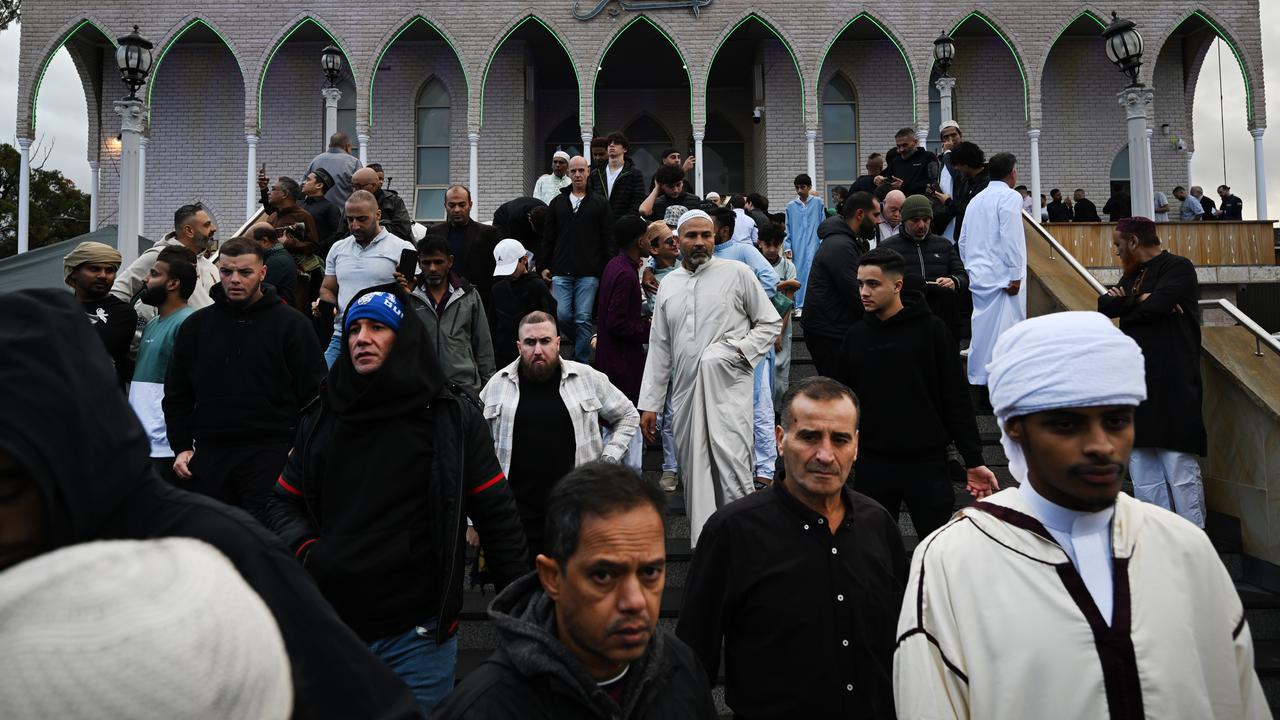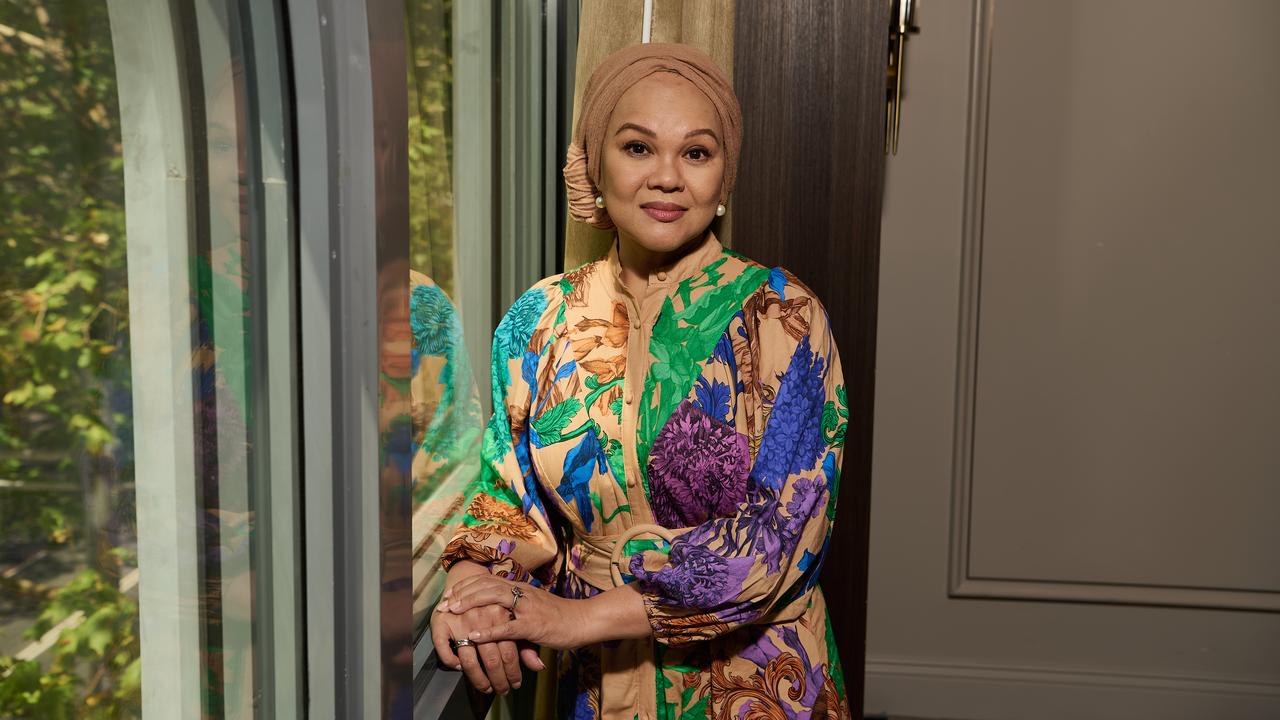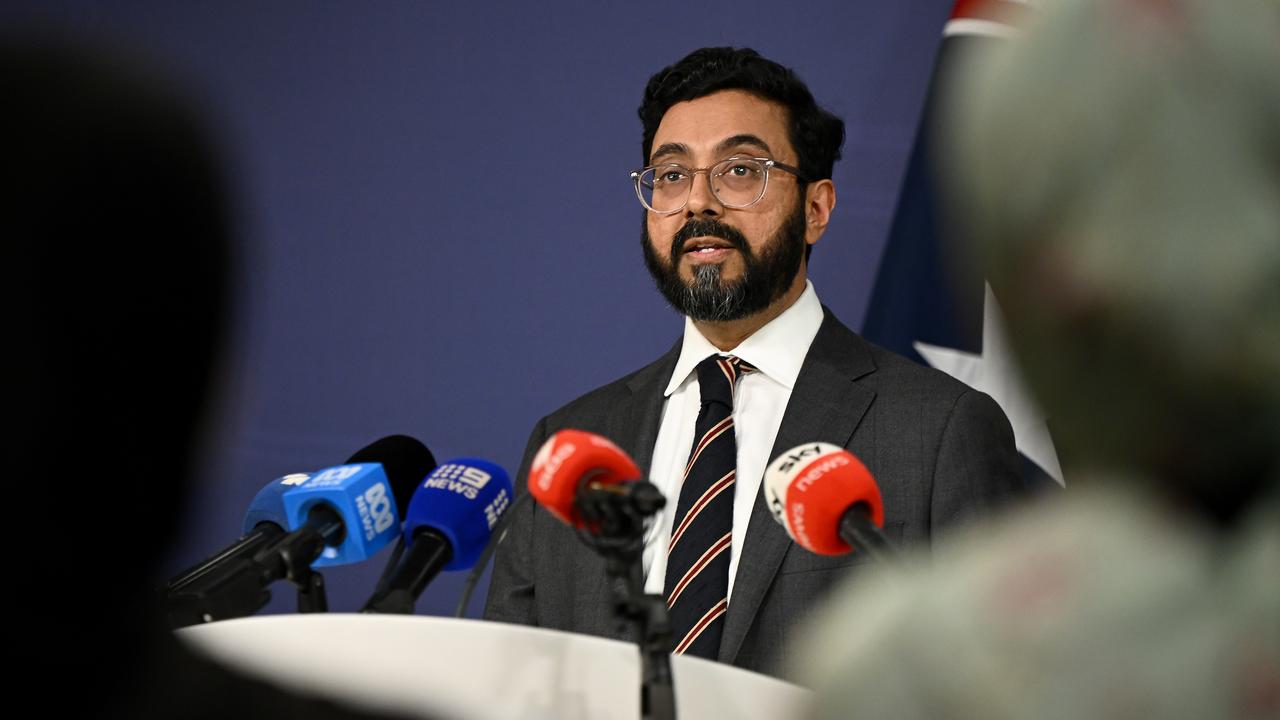
Weary of bomb threats to mosques and schools and mounting levels of persecution, Muslims in Australia are calling on the government to take Islamophobia seriously.
More than 50 recommendations to tackle prejudice have been outlined in a landmark report by special envoy to combat Islamophobia Aftab Malik.
They include enacting federal religious freedom laws, updating religious discrimination legislation and reviewing counter-terrorism policies in an effort “to engender a fair, respectful and inclusive environment”.
But some advocates say there should be no specialist envoy roles and the way to address racism would be to adequately resource the Human Rights Commission.
The Australian Palestinian Advocacy Network says anti-Palestinian racism and the reports findings are deeply connected but this has not been recognised.
“The Australian government has failed by restricting its focus to Islamophobia through the Islamophobia envoy, while deliberately ignoring and refusing to quantify the widespread anti-Palestinian racism and discrimination that has surged since October 7,” APAN executive member Lama Alqasem said.
“That refusal itself is a form of racism because it denies Palestinians recognition, safety and justice.”
Mr Malik’s report released on Friday with Prime Minister Anthony Albanese comes after a man staged an alleged bomb hoax at a Gold Coast mosque and an Islamic school in Brisbane received a bomb threat that forced the evacuation of hundreds of students and staff.
The Islamophobia Register’s Queensland-based executive director Nora Amath said Muslims felt targeted and afraid against the backdrop of recent anti-migrant rallies.
“We’re seeing an escalation of intensity,” she told AAP.
“For the very first time, we’re seeing back-to-back physical assaults and back-to-back bomb threats which is all very concerning.”

Dr Amath said the fear was compounded for Muslim women when they were in public by themselves or with other women.
“They are seen as easy targets … who are weak and vulnerable because of misrepresentations that they are submissive and oppressed,” she said.
Islamophobic incidents had “skyrocketed” since 2023 with a 150 per cent increase recorded by November 2024, Mr Malik said the register’s research showed.
Muslim women and girls accounted for three-quarters of all Islamophobia victims, three-fifths of physical assaults and every target of reported spitting incidents, the report said.
Most of the perpetrators were men.
One in three Australians also had expressed negative views about Muslims, research has found.
Australian National Imams Council senior advisor Bilal Rauf said the report strengthened the case for religious protections, which the peak religious body has lobbied for.

He said the onus was on Mr Albanese and his government to take the recommendations seriously, “so it’s not just lip service”.
The Australian Muslim Advocacy Network was more critical, saying it did not share the government’s rationale for establishing the Islamophobia and anti-Semitism envoy roles but welcomed the recommendations.
The network supported new measures to treat hate crimes more seriously without expanding crimes and police powers or restricting free speech.
“The recommendation to establish independent scrutiny panels to improve the way hate crimes are policed is a positive step,” the network said.
“All communities deserve equal protection from hate and applying different standards creates unfairness in a multicultural society.”